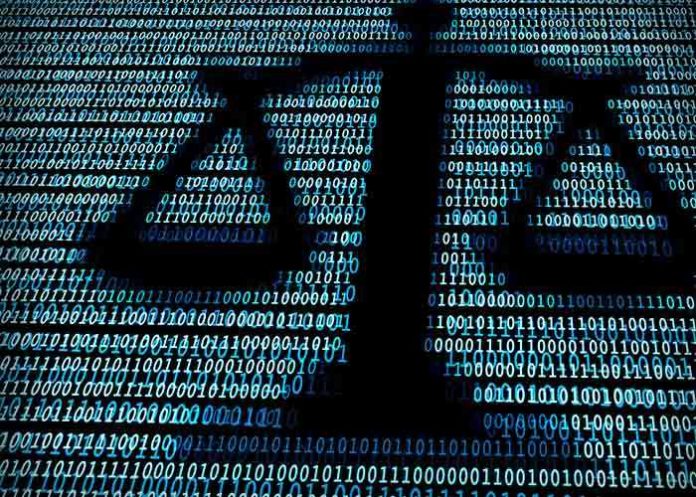DHAKA, Dec 28, 2018 (BSS) – The Law, Justice and Parliamentary Affairs
Ministry has taken a Tk 2,210 crore project aiming to introduce e-judiciary
in the country.
“The money will be allotted to introduction of digital system to make the
justice system efficient and transparent, making the administrative and
justice system automated for judiciary, establishing e-courtroom, increasing
ICT-related knowledge for judges, lawyers and concerned officials,” an
official release said.
The project was approved at a recent meeting of the project evaluation
committee at the Planning Commission. The project is now waiting to get
approval of the Executive Committee of National Economic Council (ECNEC).
The main objectives of the project include the development of enterprise
architecture for the judiciary, development of enterprise resource planning
(ERP) software, establishment of virtual private network (VPN) for all the
offices under judicial system, upgradation of data centre of law and justice
division, upgradation of data centre of the Supreme Court and establishment
of network operation centre, transformation of a total of 1400 courtrooms
across 64 districts into e-courtrooms.
Under the project, 63 micro data centres will be set up in 63 districts,
interconnection between data centres of law and justice division and Supreme
Court will be established and 2,000 tabs or laptops will be distributed among
the judges.
The record rooms will be made automated, the old case records will be
digitised, records and verdicts of old cases will be preserved in digital
system and recording testimonies through videoconferencing system will be
introduced.
Officials at the Law Ministry said a total of 170 people will be
appointed to implement the project.
The government has already supplied computer or laptops along with
internet connections to all the courts or tribunals to ensure justice for
people in minimum time and at minimum cost.
It has also introduced Digital Display Board in the courts of 13
districts, including the Supreme Court.



